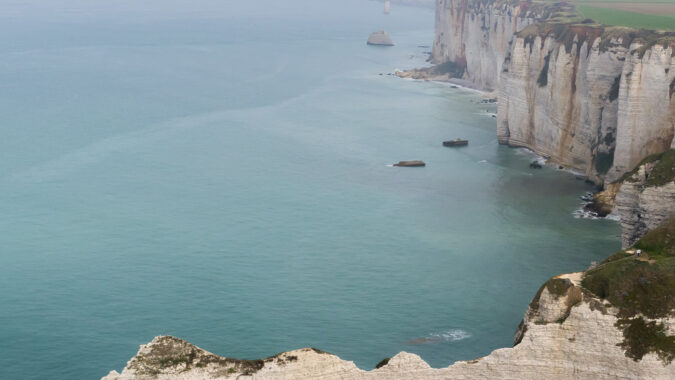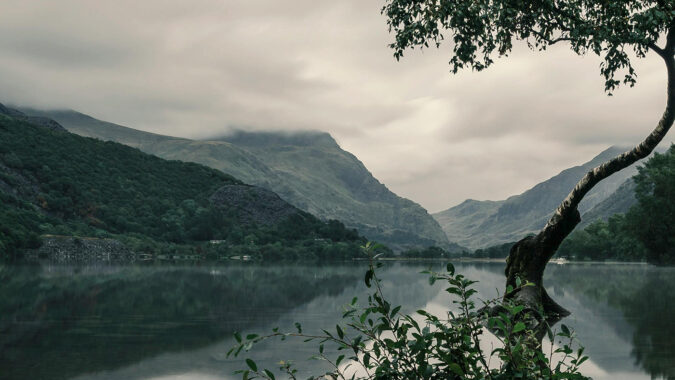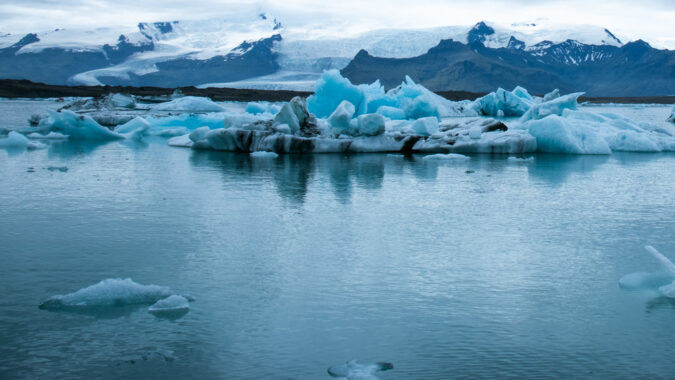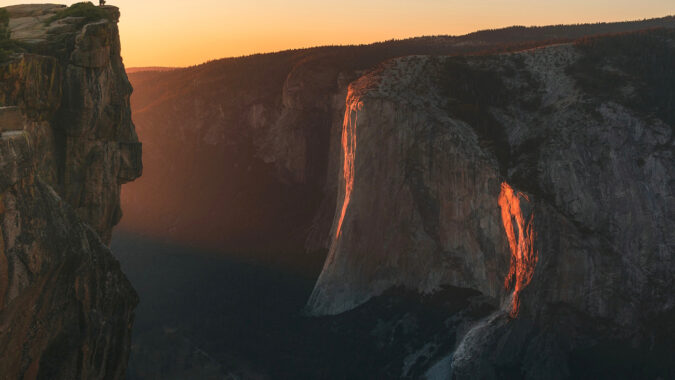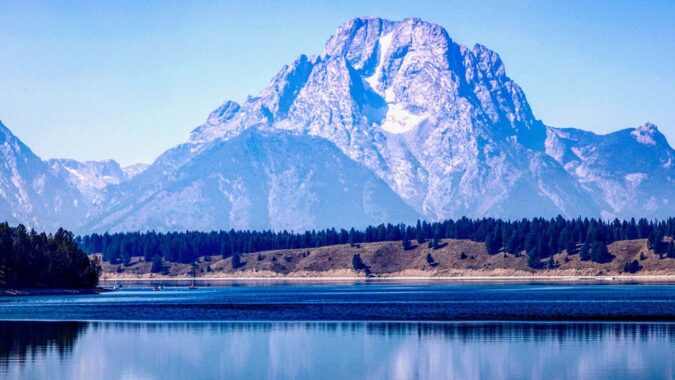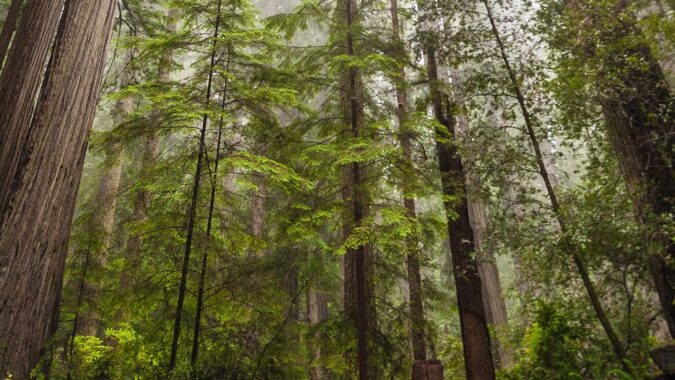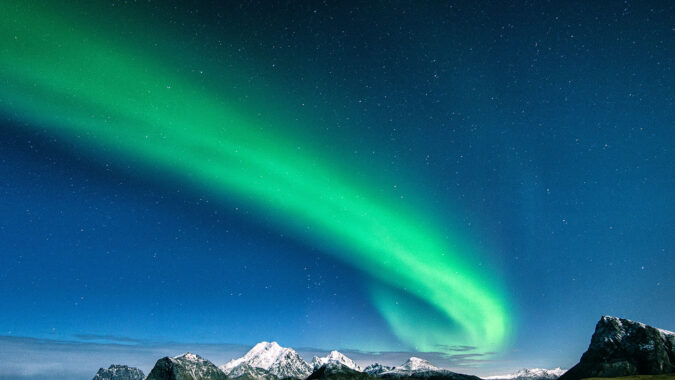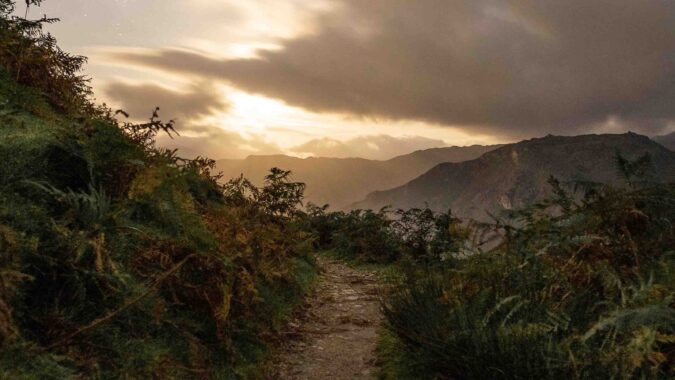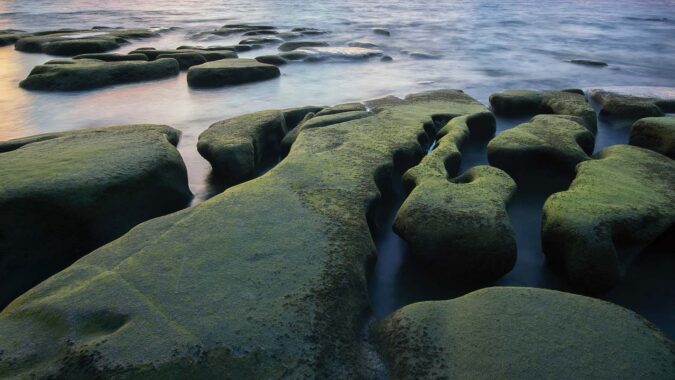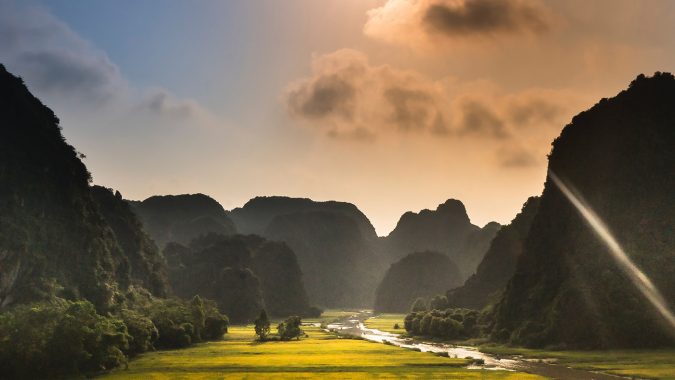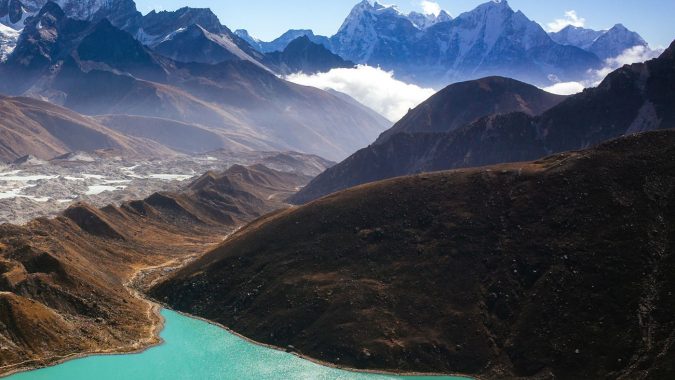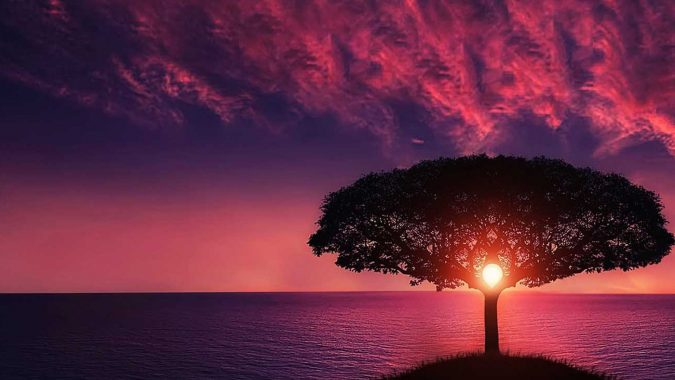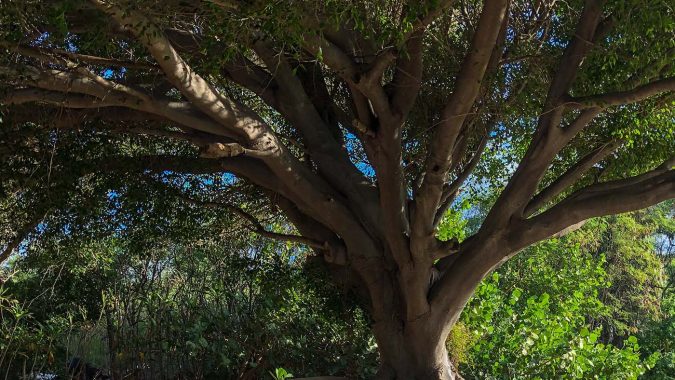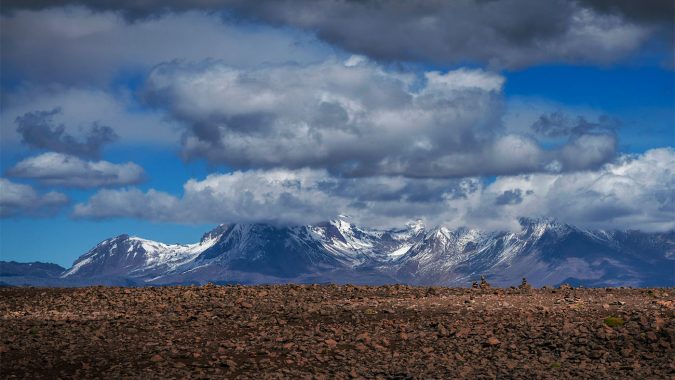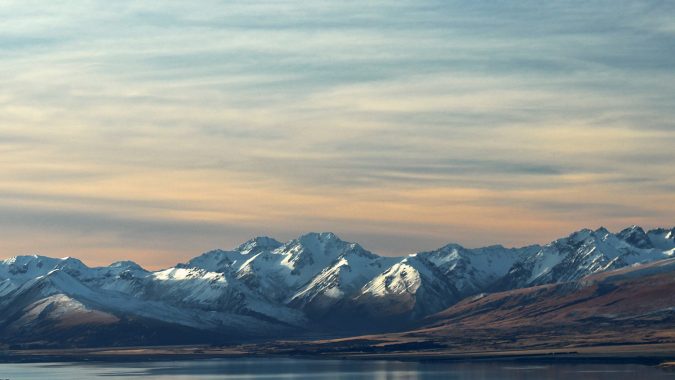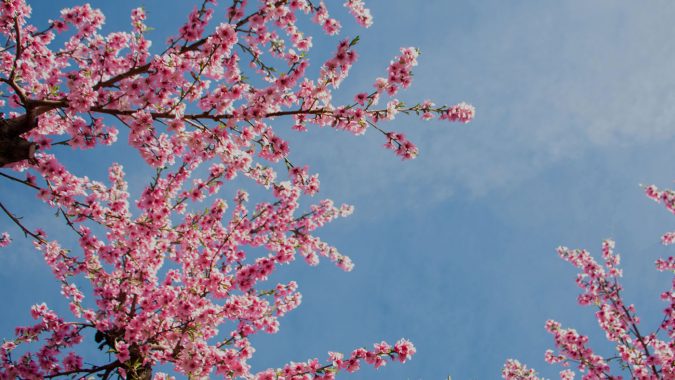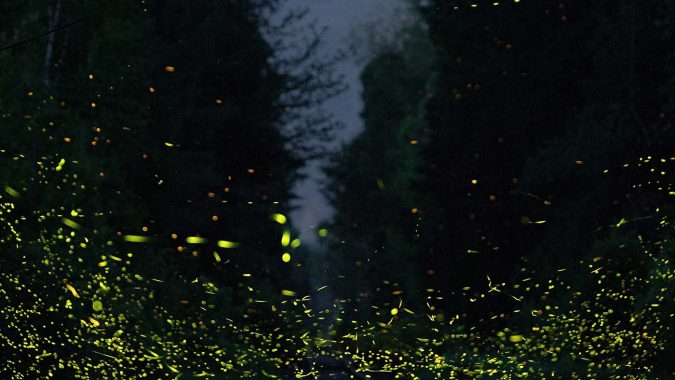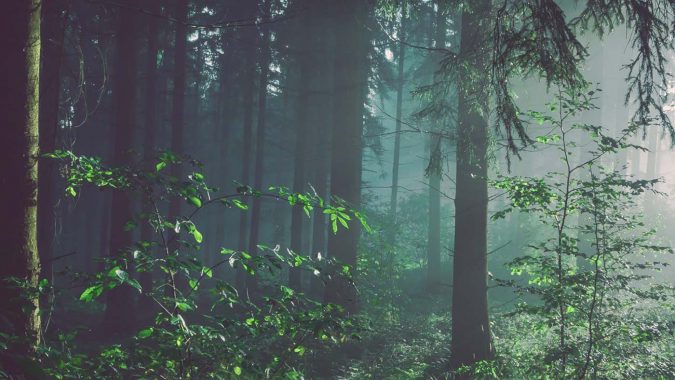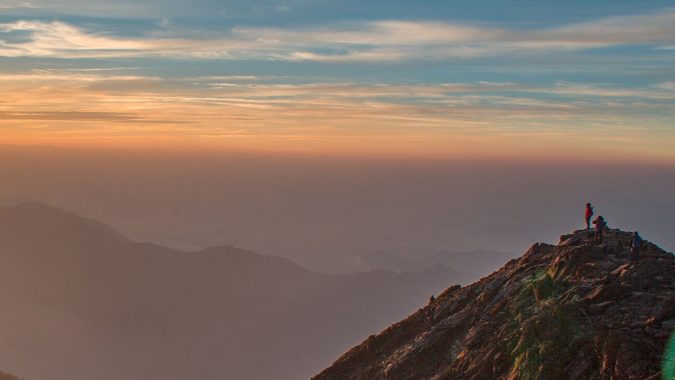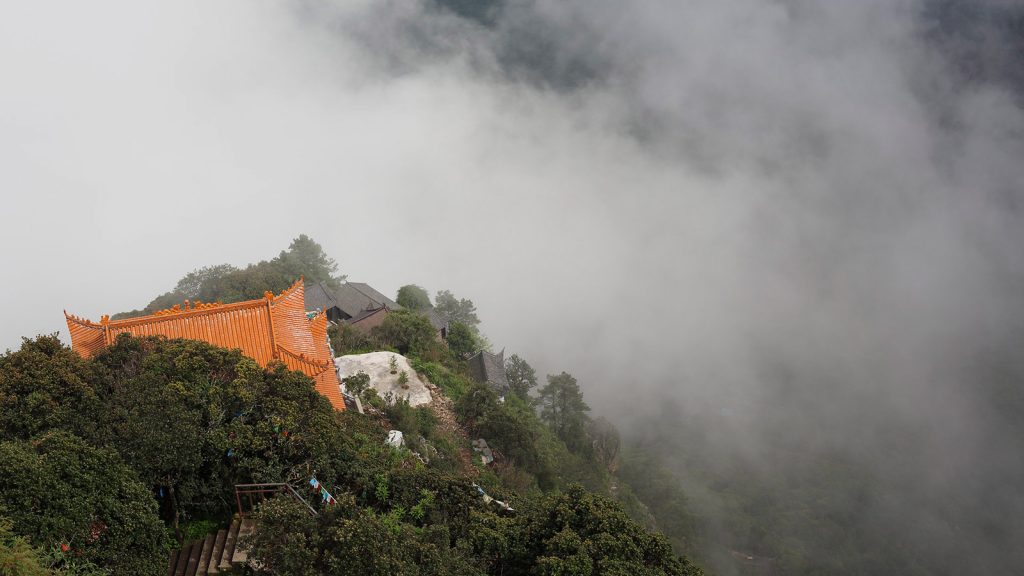
Dharma Master Cheng Yen has always had her finger on the pulse of current affairs, while profoundly aware of how the behavior of individuals combines to create a powerful cumulative force that affects the entire world. Given the “degenerate age” we’re in today, one in which is the influence of Buddhist teachings (Dharma) is declining, the collective impact of our individual choices and actions is extremely detrimental to our planet and all its inhabitants.
At this time, we must take action. It is not enough merely to discuss the issue of how to save the planet. Only with action can we really help.
Master Cheng Yen
According to Buddhist scriptures, the Dharma was predicted to go through three consecutive phases following Shakyamuni Buddha’s passing:
- True Dharma Age: The teachings of the Buddha are practiced earnestly and precisely, and enlightenment is often attained.
- Dharma Semblance Age: People focus more on ritual rather than realizing the essence of the Buddha’s teachings, thus awakening is more rare.
- Dharma-Ending, Degenerate Age: Moral chaos, strife, unrest, famine and natural disasters proliferate, and people are no longer capable of following the teachings.
As we look around, we can certainly see evidence of what was prophesied for the Dharma-Ending Age. More than ever, it’s time to embrace the Dharma in our hearts and practice sincerely. Moreover, Master Cheng Yen reminds us that we’re all co-creators of the world we live in, contributing to environmental degradation and the onslaught of natural disasters, especially if we let our desires run unchecked.
Disasters show us that life is impermanent. Yet, we focus our lives on our desires and pursuing pleasure. Consumerism encourages people to spend. As we spend, we unknowingly pollute the air and damage the environment. In manufacturing more goods for people to buy, we‘ve brought serious pollution and destruction to the Earth, disrupting the balance of Nature, hence the frequent disasters.
The state of the Earth reflects the state of our minds. When the Earth is not well, it means our minds are not well either. People are spiritually ill; their minds are out of harmony and filled with greed, anger, and ignorance. This is the root reason why our Earth is not peaceful.
The solution is to bring forth our love and start caring more for the Earth by turning love into action to protect Mother Nature. We can do this by recycling. Recycling reduces the need to extract raw resources from the earth, thereby reducing the damage that is done to the environment. Another way is to adopt a vegetarian diet, which helps to lower greenhouse gas emissions from livestock.
We need to stop blindly going about our lives and look at the bigger picture of what’s occurring on our planet. We need to introspect and take good care of our minds while taking true Dharma to heart and practicing it in every aspect of our lives. We can live in peace and safety only when everyone cherishes the Earth. Otherwise, we will face more worrisome disasters in the future.
Master Cheng Yen’s counsel is for us to be part of the solution, not the problem, and this begins moment by moment, day by day, with each individual playing their part.
At this very moment, different people are doing different things. Some are caring for people in need and benefiting their community. Others are acting in a way that creates problems. This all takes place in the same second – each person uses that same second differently. The consequences of these actions, however, are also very different, and they have different impacts on our communities, society and planet.
When many people have a heart of goodness and a mentality of helping others, the world can become a wonderful spring-like place, with all things thriving and growing abundantly. Each person with an altruistic heart is like a drop of dew. When many droplets of dew settle on the land, the soil draws moisture and is amply nourished. When all things growing on the land flourish, Nature flourishes.
But just as every drop of dew accumulates, when there are many people whose hearts are not upright, it likewise has a powerful impact. Even though this might not be something we think we can see happening, the consequences are already affecting us. Look, for example, at how the climate has changed as a result of human activities. This has not only brought about extreme weather such as hurricanes and typhoons, but also the disasters which are occurring around the world, often at the same time. There are major earthquakes, powerful hurricanes and typhoons, devastating floods, and fires that ravage vast tracts of forest.
These disasters result from the cumulative impact of the actions of each one of us on the planet, at every moment. In our daily lives, there are many choices we can make which will either protect the environment or bring harm to it. Small as these choices and actions may seem, our planet feels their effects greatly.
How do we make these choices? It seems it is really a matter of state of mind – whether our mind is governed by our wants or is one of peace and contentment. This state of mind determines the direction of our actions. Each action has its consequences, and given the cumulative effect of each and every action, the consequences become far-reaching.
Most of us, however, seldom notice this. Our minds are caught up in the moment’s feeling of pleasure when a want is satisfied. But, if we look farther down the road, what kind of path are our actions paving? At every moment, every single person’s effort makes a difference – just as dewdrops, tiny and seldom noticed, combine to nourish and revitalize our Earth.
The sections in italics consist of excerpts of material compiled into English by the Jing Si Abode English Editorial Team, based on Dharma Master Cheng Yen’s talks and teachings.


